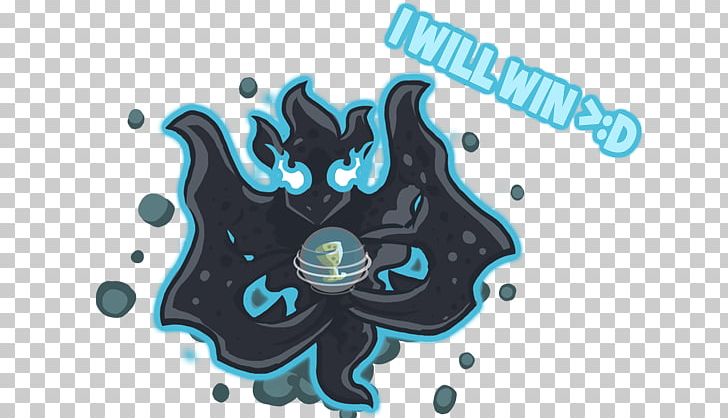
Visiting St Paul's Hospital at the Anglican mission at Guide (now Shangqiu, Henan), W.H. The singing campaign continued to expand, particularly after the December 1936 Xi'an Incident reduced Nationalist pressure against leftist movements. to escape harassment from the Nationalists. Although Tian Han was imprisoned for two years, Nie Er fled toward the Soviet Union only to die en route in Japan, and Liu Liangmo eventually fled to the U.S.
#Kingdom rush frontiers unblocked at school movie#
Although the movie did not perform well enough to keep Diantong from closing, its theme song became wildly popular: musicologist Feng Zikai reported hearing it being sung by crowds in rural villages from Zhejiang to Hunan within months of its release and, at a performance at a Shanghai sports stadium in June 1936, Liu's chorus of hundreds was joined by its audience of thousands. In May 1935, the same month as the movie's release, Lü Ji and other leftists in Shanghai had begun an amateur choir and started promoting a National Salvation singing campaign, supporting mass singing associations along the lines established the year before by Liu Liangmo, a Shanghai YMCA leader. The poster for Children of Troubled Times (1935), which used the march as its theme song Originally translated as "Volunteers Marching On", the English name references the several volunteer armies that opposed Japan's invasion of Manchuria in the 1930s the Chinese name is a poetic variation-literally, the "Righteous and Brave Armies"-that also appears in other songs of the time, such as the 1937 " Sword March". On 9 May, Gu and Yuan recorded it in more standard Mandarin for Pathé Orient's Shanghai branch ahead of the movie's release, so that it served as a form of advertising for the film. The song was performed by Gu Menghe and Yuan Muzhi, along with a small and "hastily-assembled" chorus He Luting consciously chose to use their first take, which preserved the Cantonese accent of several of the men. During March and April 1935, in Japan, Nie Er set the words (with minor adjustments) to music in May, Diantong's sound director He Luting had the Russian composer Aaron Avshalomov arrange their orchestral accompaniment. Urban legends later circulated that Tian wrote it in jail on rolling paper or the liner paper from cigarette boxes after being arrested in Shanghai by the Nationalists in fact, he was arrested in Shanghai and held in Nanjing just after completing his draft for the film. The film is a story about a Chinese intellectual who flees during the Shanghai Incident to a life of luxury in Qingdao, only to be driven to fight the Japanese occupation of Manchuria after learning of the death of his friend.

The lyrics of the "March of the Volunteers", also formally known as the National Anthem of the People's Republic of China, were composed by Tian Han in 1934 as two stanzas in his poem "The Great Wall" ( 萬里長城), ( 义勇军进行曲) intended either for a play he was working on at the time or as part of the script for Diantong's upcoming film Children of Troubled Times. Nie Er (left) and Tian Han (right), photographed in Shanghai in 1933 The original version was restored in 1982. In 1978, the "March of the Volunteers" was raised to official status, but with altered lyrics in line with communist historiography composed during the Cultural Revolution.

When Tian Han was purged to death during the Cultural Revolution in the 1960s, the song was briefly and unofficially replaced by " The East Is Red", and then reinstated but played without lyrics. It was adopted as the PRC's provisional anthem in 1949 in place of the " Three Principles of the People" of the Republic of China (1912–1949) and the Communist "Internationale". It became a famous military song during the Second Sino-Japanese War beyond the communist faction, most notably the Nationalist general Dai Anlan designated it to be the anthem of the 200th Division, who fought in Burma. This song had its lyrics written first by the communist playwright Tian Han in 1934, then set to melody by Nie Er and arranged by Aaron Avshalomov for the communist-aligned film Children of Troubled Times (1935).

The Japanese invasion of Manchuria saw a boom of nationalistic arts and literature in China. Unlike most previous Chinese state anthems, it was written entirely in Vernacular Mandarin Chinese, rather than in Classical Chinese. The " March of the Volunteers", originally titled the " March of the Anti-Manchukuo Counter-Japan Volunteers", has been the official national anthem of the People's Republic of China since 1978. Zung1waa4 Jan4man4 Gung6wo4gwok3 Gwok3go1

National Anthem of the People's Republic of China March of the Anti-Manchukuo Counter-Japan Volunteers


 0 kommentar(er)
0 kommentar(er)
